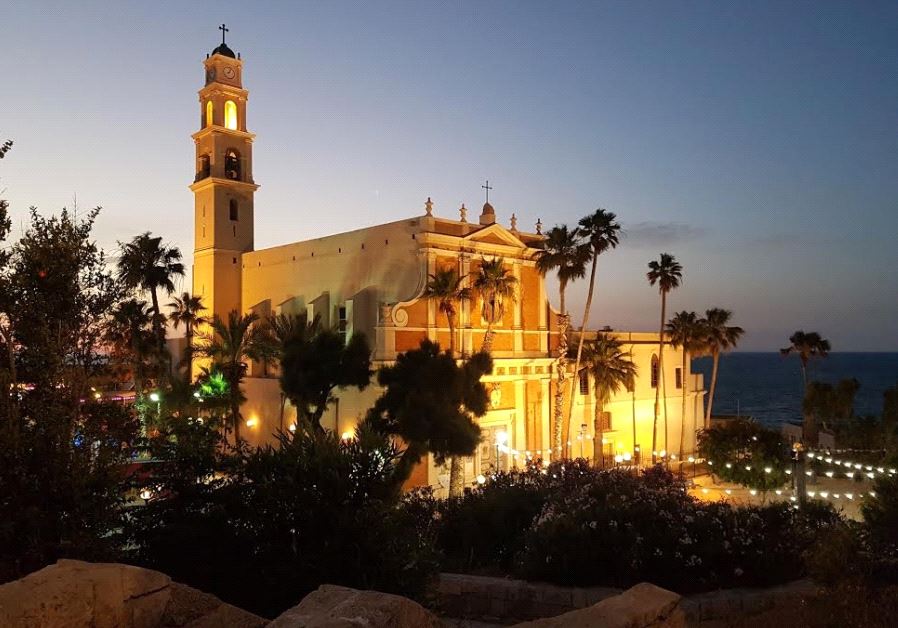The art awakening that's transforming Jaffa
Traditional and alternative gallery spaces are popping up in and around the city, attracting an international, culturally-aware crowd.
 St. Peter's Church in Jaffa, Israel at night(photo credit: BECKY BROTHMAN)ByREBECCA STADLEN AMIR/ ISRAEL21C
St. Peter's Church in Jaffa, Israel at night(photo credit: BECKY BROTHMAN)ByREBECCA STADLEN AMIR/ ISRAEL21C